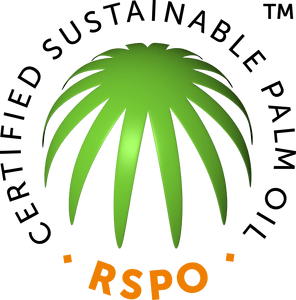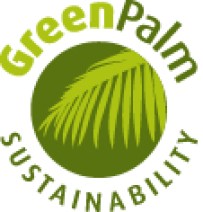Africa is a new frontier region for large-scale palm oil production. The palm oil industry is one of the world’s biggest industries, projected to be worth $88 billion by 2022. While it has pumped billions into the local economies of countries like Indonesia and Malaysia, the rapid expansion has also become synonymous with widespread environmental and community destruction.
Palm oil is in a massive number of supermarket products that Coloradans buy everyday including soaps, ice cream, microwave popcorn, candy, chocolate, butter, cosmetics, packaged bread, frozen pizzas and even instant noodles. A large amount is now being used in bio-fuel as well.
Palm oil is only found in a range about 10 degrees north or south of the equator. However, this range is also home to the greatest biodiversity of species in the world, as well as many developing countries.
The process required to make palm oil uses tons of crude oil, produces huge amounts of carbon and methane gas and additionally produces large amounts of waste water. Palm oil-based bio-fuels currently have 3 times the climate impact of fossil fuels.
As the demand for palm oil increases, rain forests across the globe are being destroyed, putting even more pressure on the many endangered species living there. While production is highest in Indonesia and Malaysia, palm oil production is now quickly growing in African countries as well. Investors are finding it legally easier to develop plantations in Africa with growing global demand. This is highly problematic for African wildlife. Habitat destruction is one of the primary reasons that all great apes face an uncertain future in terms of survival.
Dr Giovanni Strona of the European Commission Joint Research Centre in Ispra, Italy, commented on palm oil in Africa,
“The main message is that, due to the large overlap between areas that are suitable to grow palm oil and areas that host many vulnerable primates, it will be extremely challenging to reconcile oil palm expansion and African primate conservation”.
“Investment and expansion in palm oil is growing – and growing fast – in Africa,” said Abraham Baffoe, Africa regional director at Proforest, an environmental rights and responsible sourcing NGO. “If palm oil is planned and implemented vwell then it has the potential to provide jobs and economic development – but if planning and implementation is poor, it has the potential to create deforestation, loss of habitat and loss of livelihood in local communities”.
Going by acreage of land, palm oil trees are up to 10 times more productive than other types of vegetable oil producers, like sunflower oil or soybean oil. In other words, if we stopped using palm oil completely, the problem would only be transferred to a new crop and the impact would likely be much worse. Additionally, in developing countries where palm oil is produced, millions of people depend on palm oil for their income.
There is action you can take to help!
The efficiency of production between different palm oil plantations is huge, meaning if all plantations became more efficient, a lot of rainforest could be saved. It is also possible for palm oil plantations to be expanded on non-rainforest land that is not the home to endangered species. Check the labels of products you consume and if a product contains palm oil, try to only buy if it has been determined to be sustainably produced. Currently, RSPO (Roundtable on Sustainable Palm Oil) is the major certification body for palm oil plantations and all the products approved will have a “Certified Sustainable Palm Oil” label on the packaging.
RSPO has faced tough criticism that their standards for certification are not very rigorous. However, if public awareness and demand for sustainable oil remain low, certification organizations like RSPO will find it difficult to make it worthwhile for plantation farmers to use sustainable methods.
The bottom line is this industry is unsurprisingly driven by the consumer. If we demand sustainable palm oil, companies will respond.

Look for the RSPO label to ensure you purchase products made with certified sustainable palm oil. This label gives you the confidence that the palm oil was produced in a socially and environmentally responsible way.

If you can’t find an RSPO label, look for the Green Palm label. This label indicates products in support of the transition to certified palm oil. Proceeds from Green Palm certificates help growers fund the transition to sustainable palm oil.
Lastly, most packaged products are labeled with their companies’ contact information. Call or write the company and urge them to use certified sustainable palm oil if they are not already!
